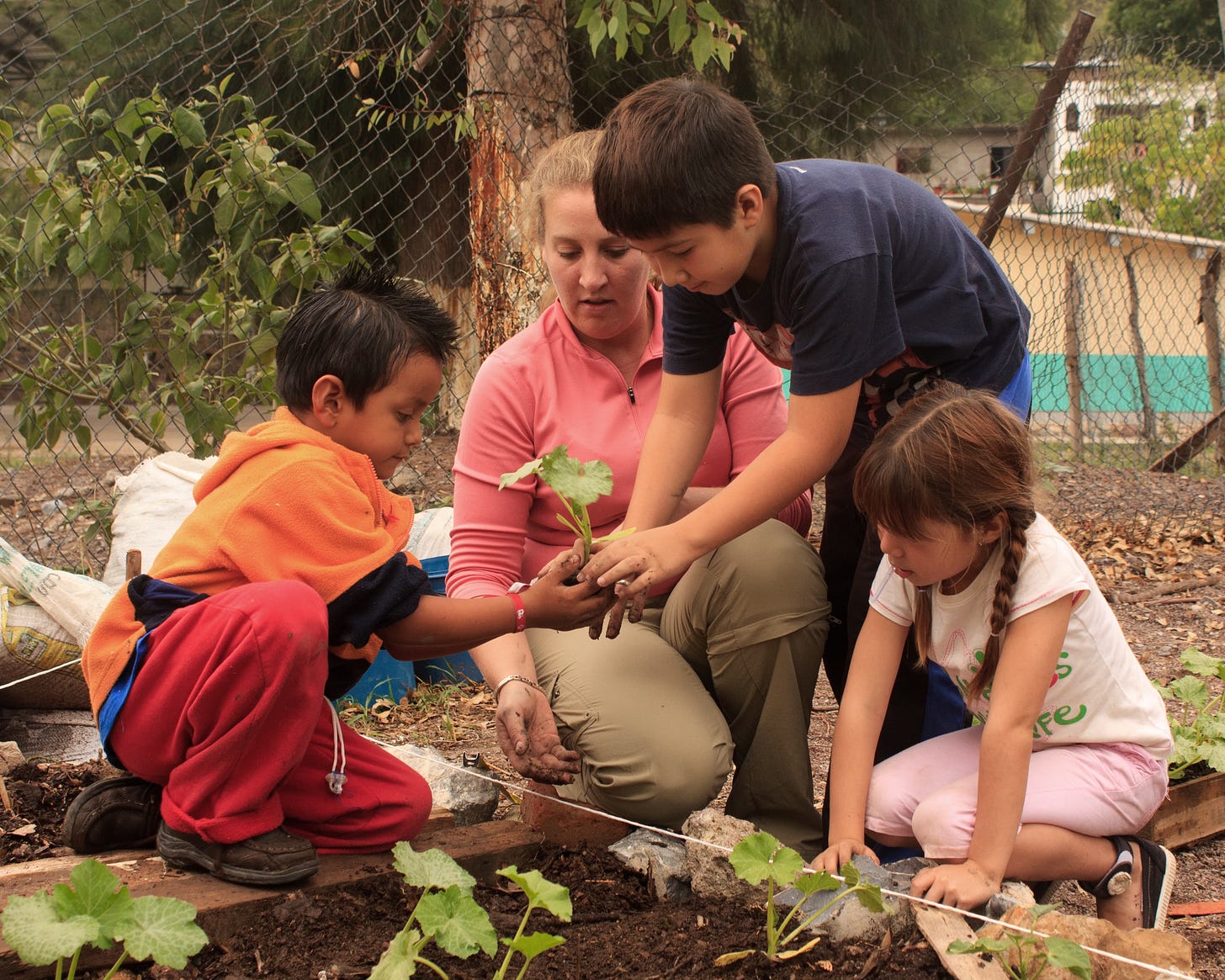
As Peace Corps volunteers start their service, we feel a mix of excitement, hope, and a little bit of worry. We want to make a big difference, but it can be hard in new places and cultures. By following ideas1 from Brian Klaas's book "Fluke: Chance, Chaos, and Why Everything We Do Matters," we can stay mentally healthy and be more effective. These ideas help us adapt, focus on what we can control, and stay present. This way, we can handle challenges better, build strong connections, and make a positive impact while taking care of ourselves.
Here are 5 actionable steps that could be particularly beneficial for volunteers' mental health and success:
1. Embrace unpredictability:
Peace Corps service always involves unexpected challenges and changes. Accepting this unpredictability can help volunteers adapt more easily to new situations and reduce stress when things don't go as planned.
For example, when a planned community meeting is canceled at the last minute, use the time to have informal conversations with locals, potentially leading to new insights or connections.
2. Focus on influence rather than control:
Volunteers should recognize that while they can't control every aspect of their service or community development, their actions and efforts still matter and can have significant positive impacts.
For example, rather than insisting on a particular teaching method, share various techniques with co-teachers and let them adapt what works best in their classrooms.
3. Experiment more:
Being willing to try new approaches in community projects or personal interactions can lead to innovative solutions and better cultural integration.
For example, try different formats for youth engagement - from sports clubs to debate teams to art workshops - to see which resonates most with your teenagers.
4. Focus on sustainability, not perfection:
Instead of trying to achieve perfect outcomes, volunteers should focus on building resilient programs and relationships that can withstand challenges and continue after their service ends.
For example, when setting up a community garden, focus on teaching sustainable practices and problem-solving skills rather than aiming for maximum yield in the short term.
5. Enjoy the present:
Given the unique and time-limited nature of Peace Corps service, focusing on enjoying current experiences and building meaningful relationships in the community can greatly enhance both the volunteer's experience and their effectiveness.
For example, take time to participate in local festivals or celebrations, deepening your cultural understanding and building stronger community bonds.
These steps can help us, Peace Corps volunteers, maintain better mental health by reducing stress and unrealistic expectations, while also improving their ability to work effectively within our host communities and leave lasting positive impacts.
For more tips like this, subscribe and also check out WanderingTheWorld.com



